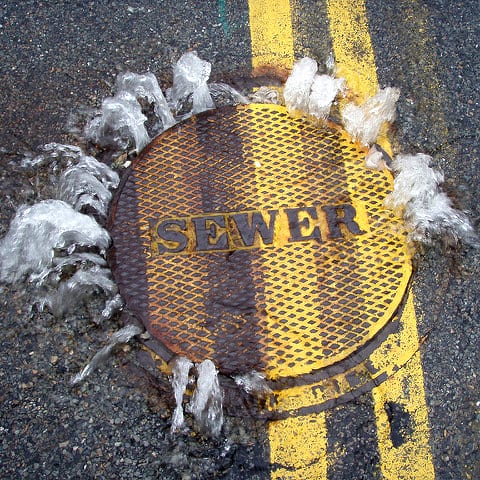April 2016

Sanitary sewer systems are designed to collect wastewater and convey it to treatment facilities, but sometimes breaks or other problems in the collection system allow wastewater to escape, creating a sanitary sewer overflow (SSO). SSOs that reach waterways or violate discharge permits are considered violations of the Clean Water Act (CWA). While government authorities are generally responsible for enforcement of the law, the CWA’s citizen suit provision allows private individuals or groups to address gaps in government enforcement. Public collection system agencies, environmental groups, and state and federal regulators hold sometimes widely divergent perceptions of the effectiveness and appropriateness of citizen enforcement.
Motivated by this controversy and the lack of data-driven analysis of the topic, we assembled available data and examined the nature and impacts of SSO-related citizen enforcement actions in California over the past two decades.
Although the available data have limitations, the details of each particular case matter, and substantial contextual information is often required to form a complete picture of any particular case, we found that, overall, SSO-related citizen enforcement appeared to be consistent with CWA goals and correlated with improvements in collection system performance.
Download the Report:
Citizen Enforcement and Sanitary Sewer Overflows in California (April 2016)
Online Supplements:
Online Supplement A: Federal Laws and Regulations
Online Supplement B: Citizen Enforcement Information Summaries
See our Legal Planet Post:
Of Sewage Spills and Citizen Suits (April 12, 2016)
For More Information:
Contact Holly Doremus, James H. House and Hiram H. Hurd Professor of Environmental Regulation